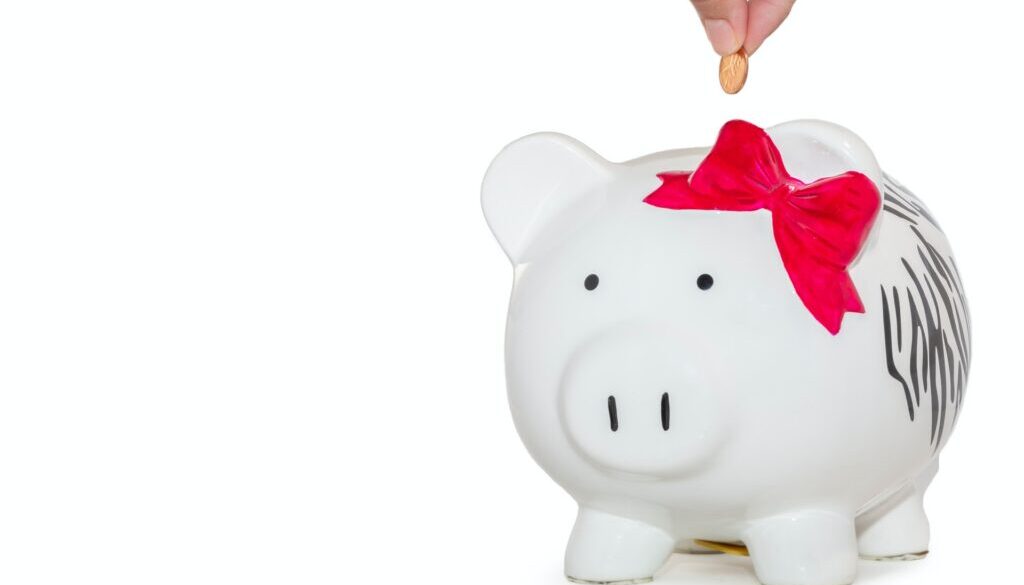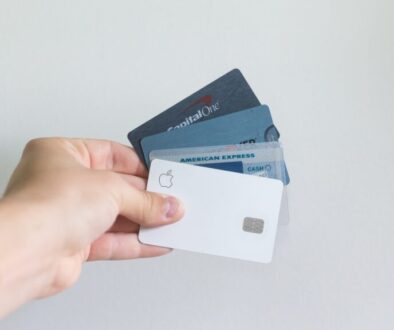Smart personal finance is all about making the most of what you earn and setting yourself up for a comfortable future. To do these things, it is critical to gain a comprehensive education about how and when to make certain financial moves, and how you should react in stormy times of crisis and budgetary strain. Put the ideas in this piece to work and you will have a truly beneficial head start.
One job is a Forex money manager. These people charge a fixed percentage of the profit. A Forex money manager will be able to keep his eye on the market for you, and make all the financial decisions. Hiring a manager would be a good idea if you are really not sure how the trading world works, and don’t feel like learning it.
Get a rewards credit card. No-fee reward cards are the best if you need a credit card. Reward cards give you rewards on various things that you typically use such as hotel rooms, airline tickets and store rewards. Be sure you pay the card off every month and pay on time to avoid interest and late fees.
If you have a good credit score, be careful about co-signing for someone, especially if they have a bad score or are not likely to pay off their debt. Co-signing does not improve your own score in any way and puts a lot of pressure on you. Do it if you are sure that the person you are co-signing for can do the same for you.
When you make note of expenses in your check ledger, always round up your numbers to the next dollar. When you make a deposit, round down. In this way, you will build a little padding into your checking account to help you avoid overdrafts. When your “slush fund” has built up enough to help you eliminate monthly fees, continue deducting them anyway. They will be set aside in your checking account and will add to your savings.
To improve your personal finance habits, make your budgets simple as well as personal. Instead of creating general categories, stick closely to your own individual spending habits and weekly expenses. A detailed and specific account will allow you to closely keep track of how and where you spend your income.
Keep your credit card receipts and compare them to your credit card bill each month. This allows you to spot any errors or fraudulent purchases before too much time has elapsed. The sooner you deal with problems, the sooner they are corrected and the less likely that they will have a negative impact on your credit score.
To save money on your energy bill, clean te dust off your refrigerator coils. Simple maintenance like this can go a long way in reducing your overall expenses around the house. This easy task will mean that your fridge can function at normal capacity with a lot less energy.
Baby sitting can be a way to earn money that allows you to stay in a comfortable environment the whole time. You must have a good image for people to trust you with their home and more importantly, their children. However, if you do a good job, you can get recommended to others and further your personal finances.
If you are trying to improve your credit score, consider finding a way to transfer debt to “invisible” locations. If you can pay a delinquent account off by borrowing from a friend or family member, your credit score will only reflect that you paid it off. If you go this route, make sure to sign something with your lender that gives them the power to take you to court should you fail to pay, for extra security.
Write all of your expenses down by category. For example, putting all utility bills in one category and credit card bills in another. This will help you get organized and prioritize your bills. This will also be helpful in finding what spending you should cut back on to save money.
Be aware of your family’s bills and income. This is especially important for women, as they often leave the financial management up to their husbands. If your spouse should pass away, or even just become incapacitated for a time by an illness, this will be extremely important. You need to know what money you have coming in and where it is going.
There is currently a debate waging over whether you should save all your money or invest it instead. If in doubt, split up your efforts. Saving 70% and investing 30% is a smart move. You can make it an even smarter move by thoroughly vetting the place in which you will be investing your capital.
Never cosign on a loan for a friend or family member unless you are willing and able to pay it in full. Even the best intentions could lead to financial ruin if something happens, and your loved one cannot pay up. This could not only strain your finances, but your relationship.
Keep things simple. Don’t set up an elaborate financial tracking plan or be too strict with yourself. Remember, personal finance is something you have to deal with for life, so make it as simple and easy on yourself as you possibly can. Keep your finances under control, but don’t lose your head while you’re at it.
Do things yourself. Do you usually get your nails done? Paint them yourself. Do you have a lawn maintenance person? Mow the lawn yourself. Learning to do things yourself allows you to learn a new skill, but it also allows you to save money instead of paying someone else to do it.
Concern about matters of personal finance is something that just about everyone shares. The most useful way to combat the fear and uncertainty that financial issues often bring is to gain a thorough understanding of the subject. Keep the preceding tips and concepts handy, and you will be prepared to weather any storm.




